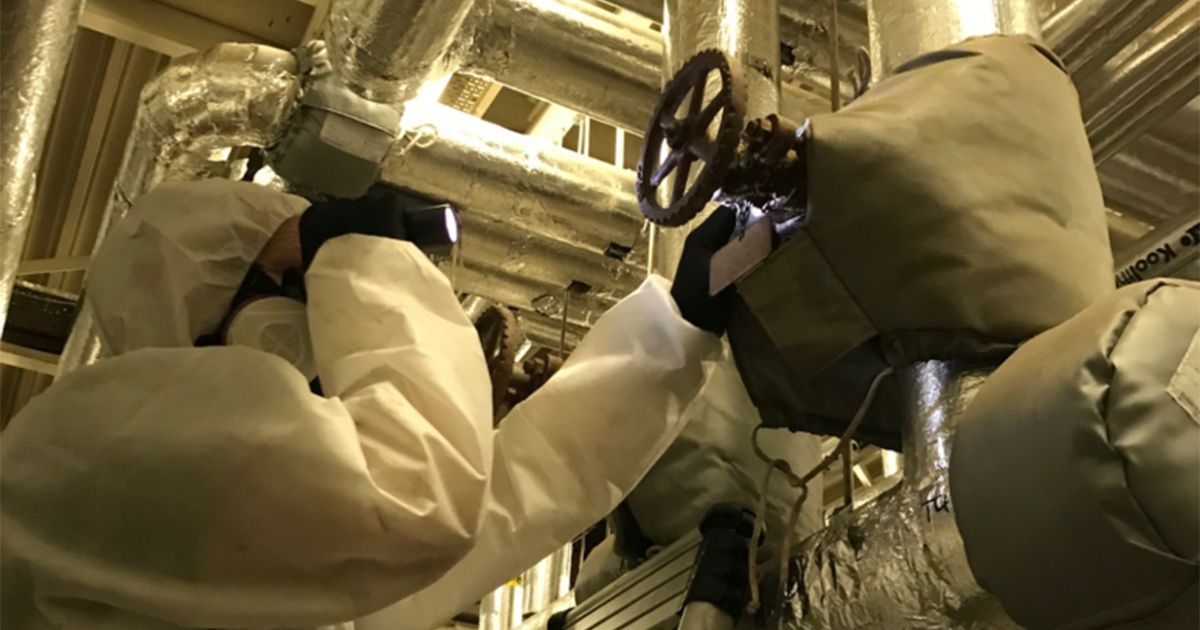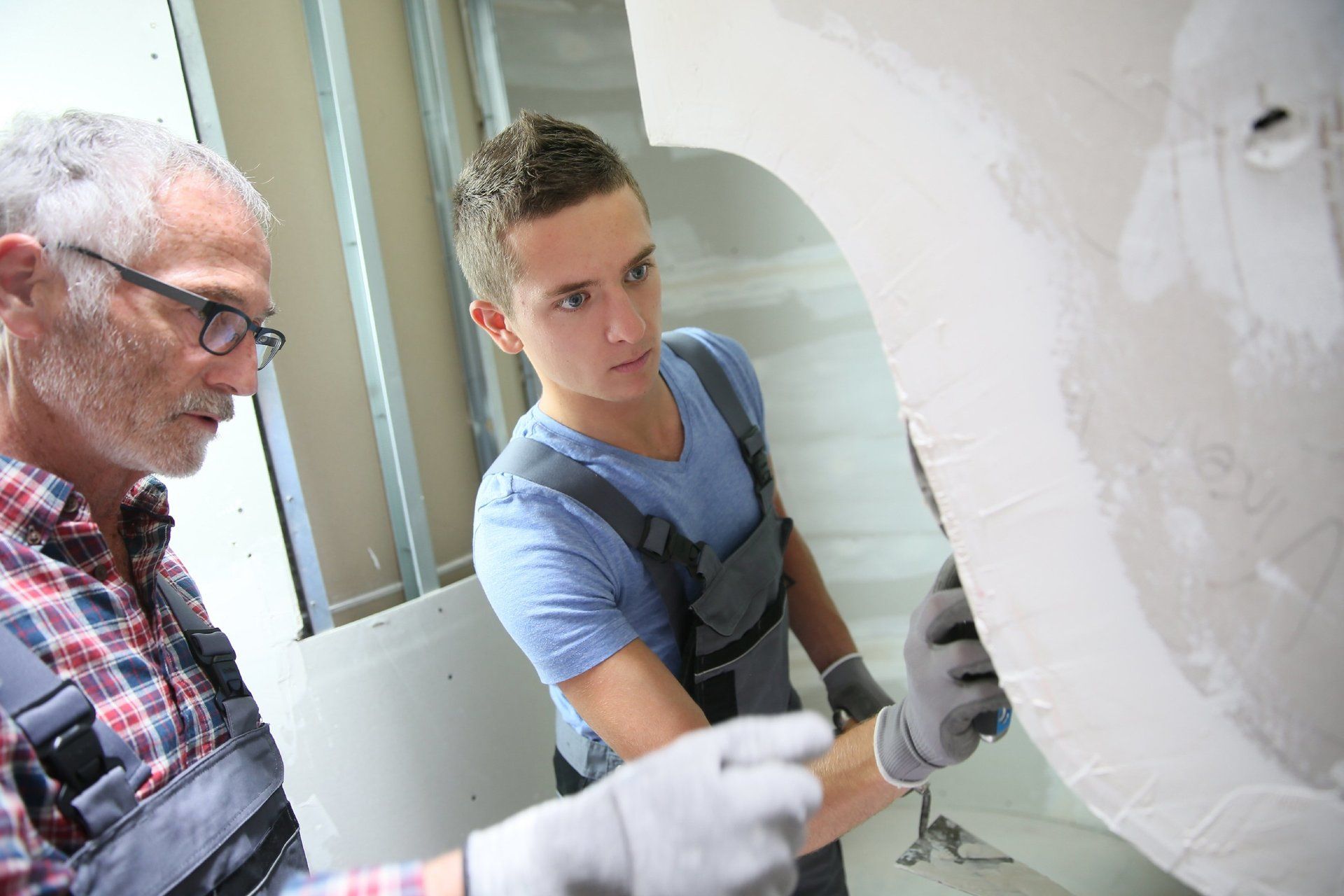The Pros and Cons of Conducting Your Own Asbestos Survey
Asbestos surveys are essential to identify the presence, location, and condition of ACMs, which helps in managing and controlling the risks associated with asbestos exposure

Asbestos is a hazardous material that was commonly used in buildings before its ban in 1999. Asbestos-containing materials (ACMs) can be found in many buildings constructed before the ban, including offices, schools, hospitals, and homes. Asbestos surveys are essential to identify the presence, location, and condition of ACMs, which helps in managing and controlling the risks associated with asbestos exposure. In this article, I will discuss the pros and cons of conducting your own asbestos survey.
Introduction to Asbestos Surveys
An asbestos survey is a systematic examination of a building to identify the presence and condition of ACMs. The survey should be conducted by a competent person who has the necessary training, knowledge, and experience to identify and assess the risks associated with asbestos. The purpose of the survey is to provide information on the location, type, and condition of ACMs, which is then used to develop an asbestos management plan.
Understanding the Control of Asbestos Regulations 2012
The Control of Asbestos Regulations 2012 (CAR2012) is the primary legislation that governs the management of asbestos in the UK. The regulations require duty holders to identify the presence of ACMs in their building and assess the risks associated with them. Duty holders must also develop an asbestos management plan and take steps to manage and control the risks associated with asbestos exposure.
What is HSG264?
HSG264 is the Health and Safety Executive’s (HSE) guidance document on managing asbestos in non-domestic premises. The guidance provides practical advice on how to comply with CAR2012, including how to conduct an asbestos survey. HSG264 recommends that asbestos surveys should be conducted by a competent person who has the necessary training, knowledge, and experience to identify and assess the risks associated with asbestos.
Ways to Demonstrate Competence for Conducting Asbestos Survey
There are several ways to demonstrate competence for conducting asbestos surveys. One way is to hold a BOHS P402 or equivalent qualification, which demonstrates that the individual has the necessary knowledge and skills to conduct asbestos surveys. Another way is to have relevant experience and training in asbestos surveying and management. It is essential to ensure that the person conducting the survey is competent and has the necessary skills and experience to identify and assess the risks associated with asbestos.
Understanding the Role of P402 or Equivalent in Asbestos Management
The BOHS P402 or equivalent qualification is a standard requirement for asbestos surveyors. The qualification demonstrates that the individual has the necessary knowledge and skills to conduct asbestos surveys and manage the risks associated with asbestos. The P402 or equivalent qualification is recognised by the HSE as evidence of competence for conducting asbestos surveys.
Types of Asbestos Surveys
There are two types of asbestos surveys: management surveys and refurbishment and demolition surveys. A management survey is conducted to identify the presence, location, and condition of ACMs that may be disturbed during normal occupancy and maintenance of a building. A refurbishment and demolition survey is conducted to identify the presence, location, and condition of ACMs that may be disturbed during refurbishment or demolition of a building.
Pros of Conducting Your Own Asbestos Survey
Conducting your own asbestos survey can save you money and provide you with a better understanding of the risks associated with asbestos in your building. It can also be more convenient, as you can schedule the survey at a time that suits you. If you have the necessary qualification, skills and experience to conduct an asbestos survey, it can be a viable option.
Cons of Conducting Your Own Asbestos Survey
Conducting your own asbestos survey can be risky if you do not have the necessary skills and experience. It can also be time-consuming and may not be as cost-effective as it first seems if you have to purchase equipment and materials. If the survey is not conducted correctly, it may not identify all the ACMs in your building, which can lead to significant health and safety risks and potential prosecution.
Choosing the Right Asbestos Surveyor - P402 or Equivalent
Choosing the right asbestos surveyor is essential to ensure that your survey is conducted correctly and that all ACMs are identified. Look for a surveyor who holds a BOHS P402 or equivalent qualification and has relevant experience and training in asbestos surveying and management. It is also essential to check that the surveyor has adequate insurance and is a member of a professional body.
The Importance of Following the Asbestos Management Plan
Following the asbestos management plan is crucial to managing and controlling the risks associated with asbestos. The plan should include information on the location, type, and condition of ACMs, as well as procedures for managing and controlling the risks associated with asbestos exposure. It is essential to ensure that all staff and contractors are aware of the plan and comply with its requirements.
The Benefits of Hiring a Professional Consultancy like Consulo Compliance
Hiring a professional consultancy like Consulo Compliance can provide you with peace of mind that your asbestos survey is conducted correctly and that all ACMs are identified. Consulo Compliance has a team of experienced and qualified asbestos consultants who hold the BOHS P402 or equivalent qualifications. We also have the necessary insurance and are members of professional bodies, ensuring that our work is of the highest quality.
The Role of Consulo Compliance in Asbestos Surveys
Consulo Compliance provides a range of asbestos-related services, including surveys, management plans, and training. We use the latest equipment and techniques to identify and assess the risks associated with asbestos, ensuring that our clients are compliant with CAR2012. Consulo Compliance also provides ongoing support and advice to ensure that their clients remain compliant with asbestos regulations.
Conclusion
Conducting your own asbestos survey can be a viable option if you have the necessary skills and experience. However, it can be risky if you do not have the necessary training and knowledge. Hiring a professional consultancy like Consulo Compliance can provide you with peace of mind that your survey is conducted correctly and that all ACMs are identified. Contact Consulo Compliance today to ensure you are and remain compliant with CAR2012.









